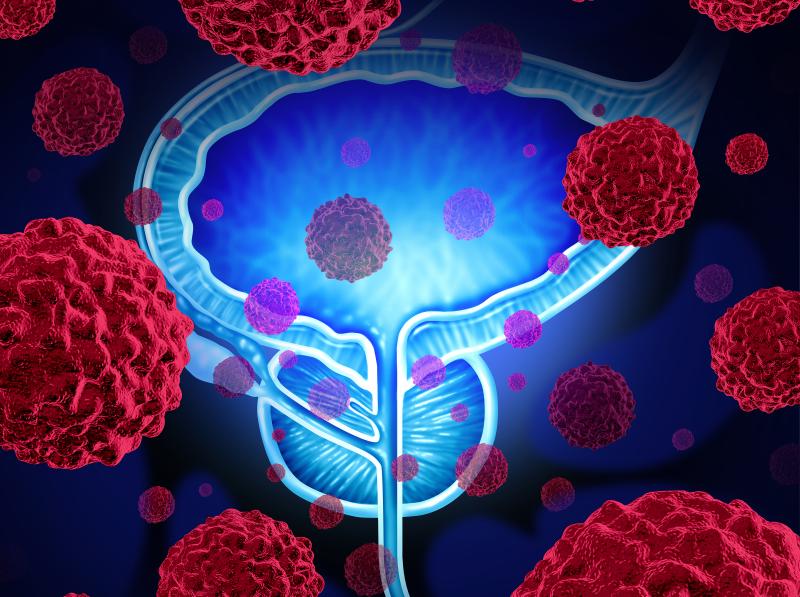
Intravesical gemcitabine and docetaxel is an effective and well-tolerated rescue therapy, delivering a durable response in patients with recurrent nonmuscle invasive bladder cancer and a history of bacillus Calmette-Guérin treatment, a recent study has shown.
A total of 276 patients (median age, 73 years) received treatment, with a median follow-up of 22.9 months. Of these, nine did not tolerate a full induction course. Recurrence-free survival rates were 60 percent at 1 year and 46 percent at 2 years, while corresponding high-grade recurrence-free survival rates were 65 percent and 52 percent.
Ten patients (3.6 percent) had disease progression on transurethral resection, while 43 (15.6 percent) underwent cystectomy (median, 11.3 months from induction), 11 (4.0 percent) of whom had progression to muscle invasion.
In addition, no patients, disease or prior treatment-related factors were associated with gemcitabine and docetaxel failure.
This multi-institution study retrospectively reviewed all records of patients treated with intravesical gemcitabine and docetaxel for nonmuscle invasive bladder cancer between June 2009 and May 2018. Only those with recurrent nonmuscle invasive bladder cancer and previous treatment with bacillus Calmette-Guérin were included.
For patients who were disease-free following induction, maintenance was conducted at the discretion of the treating physician. American Urological Association guidelines were followed for post-treatment surveillance. The investigators used the Kaplan-Meier method to perform survival analysis and Cox regression models to assess risk factors for treatment failure.
“Further prospective study is warranted” to validate these findings, according to the investigators.
“Sequential intravesical gemcitabine and docetaxel therapy has shown safety and efficacy in two retrospective, single institution cohorts,” they added.